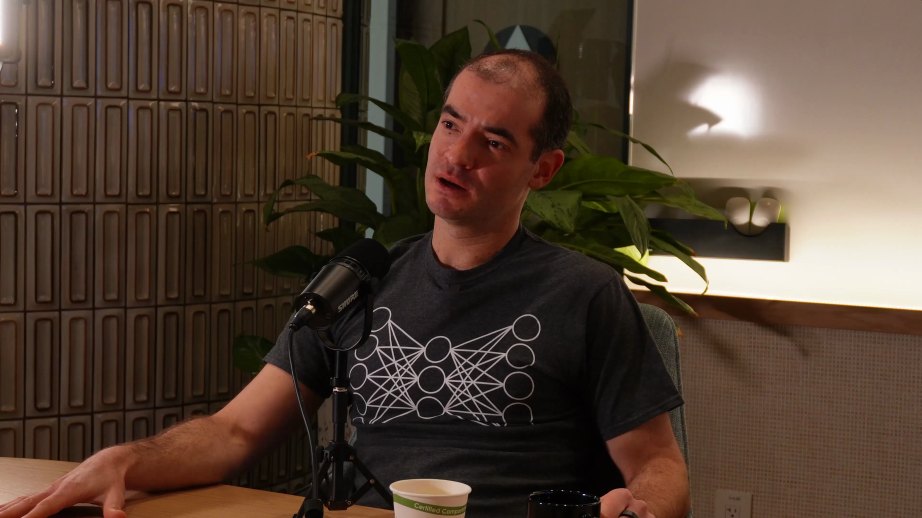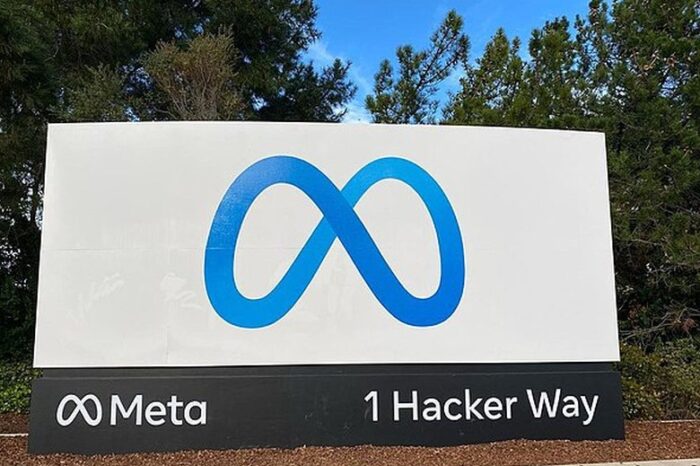OpenAI co-founder Ilya Sutskever’s AI startup SSI in talks to raise funding at $20B valuation, up from $5B in September

Safe Superintelligence (SSI), the AI startup co-founded last year by former OpenAI chief scientist Ilya Sutskever, is in talks to raise funding at a valuation of at least $20 billion, Reuters reported, citing four sources familiar with the matter.
The new funding would quadruple SSI’s $5 billion valuation from its last round in September, when it raised $1 billion from five high-profile investors, including Sequoia Capital, Andreessen Horowitz, and DST Global.
The funding news comes just hours after reports that SoftBank is investing $40 billion in OpenAI, valuing the company at $260 billion.
Sutskever, who also co-founded OpenAI, made SSI’s mission clear back in May: “We will pursue safe superintelligence with a singular focus on one goal and one product.” Despite having no revenue yet, the startup’s focus on building AI smarter than humans—while ensuring it aligns with human interests—has piqued investor interest.
“Safe Superintelligence, an artificial intelligence startup co-founded by OpenAI’s former chief scientist Ilya Sutskever last year, is in talks to raise funding at a valuation of at least $20 billion,” Reuters reported.
SSI’s fundraising effort comes at a time when the AI industry is reassessing valuations, especially after Chinese startup DeepSeek introduced a low-cost AI model last month. Conversations with investors are still in the early stages, and terms may change, according to sources who requested anonymity. It’s unclear how much SSI is aiming to raise.
Founded in June, SSI has offices in Palo Alto and Tel Aviv. Alongside Sutskever, the other co-founders are Daniel Gross, who led AI initiatives at Apple, and Daniel Levy, a former OpenAI researcher. The company has not responded to requests for comment.
Secretive AI Startup
Details about SSI’s work are scarce, but the buzz around the startup largely stems from Sutskever’s reputation. Known for his role in the breakthroughs that fueled the generative AI boom, Sutskever was an early advocate for scaling—dedicating large computing power and data to refine AI models. This approach played a pivotal role in the development of ChatGPT and spurred billions in AI infrastructure investments.
However, Sutskever also recognized the limitations of this method, particularly the shrinking pool of training data. He shifted focus to the inference stage—where trained AI models generate results—and led the team responsible for OpenAI’s recent advancements in reasoning models.
SSI’s approach to growth is distinct from other AI labs. The startup has told investors it plans to “scale in peace,” insulating its progress from short-term commercial demands. This stands in contrast to OpenAI, which transitioned from a nonprofit to a revenue-generating business after ChatGPT’s unexpected success in 2022. OpenAI pulled in nearly $4 billion last year and projects $11.6 billion this year.
Public information about SSI’s methods remains minimal. In an interview with Reuters last year, Sutskever called the startup’s direction “a new mountain to climb” but shared little beyond that.
Fallout and Focus
At OpenAI, Sutskever co-led the Superalignment team with Jan Leike, who left in May to join rival AI firm Anthropic. OpenAI disbanded the Superalignment team shortly after their departures, redistributing members internally. Leike later commented that OpenAI’s focus on safety had taken a back seat to product development.
SSI’s leadership, consisting of Sutskever, Gross, and Levy, emphasizes its singular mission. “Our name reflects our purpose,” the company posted on X. “We are committed to our singular goal, free from distractions of management or product cycles.”
Sutskever’s exit from OpenAI followed a turbulent period marked by the controversial removal of CEO Sam Altman. Sutskever later expressed regret for his role, stating on X, “I never intended to harm OpenAI. I love everything we’ve built together and I will do everything I can to reunite the company.”
Meanwhile, fundraising for foundation model companies and generative AI startups continues with no signs of slowing down. OpenAI is in talks to double its valuation to $300 billion, while Anthropic is nearing a $60 billion valuation in its latest funding round.
Still, investors face fresh scrutiny following the rise of DeepSeek, whose open-source models rival U.S. counterparts at a fraction of the cost. DeepSeek’s emergence wiped nearly $600 billion off Nvidia’s market cap in late January. Despite this, major tech firms continue ramping up AI investments, as reflected in their recent earnings reports.




